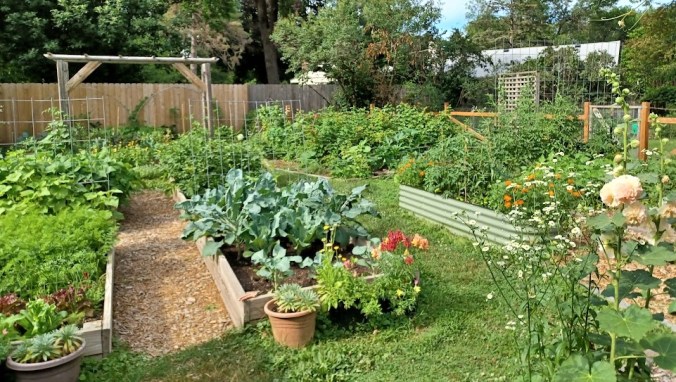In today’s world, where sustainability and self-sufficiency are becoming increasingly important, more and more people are turning their attention towards harnessing solar energy for homesteads. This renewable energy source not only reduces the carbon footprint but also provides a reliable and cost-effective power solution, especially for those living in rural or off-grid areas.
Understanding the benefits of solar energy for homesteads can be a game-changer for anyone looking to embrace a more sustainable lifestyle. By tapping into the power of the sun, homesteaders can ensure a steady supply of electricity while contributing positively to the environment.

Why Choose Solar Energy?
Environmental Impact
Solar energy is a clean and green energy source. Unlike fossil fuels, it does not produce harmful emissions, making it an eco-friendly choice for powering your homestead. By switching to solar, you are taking a significant step towards reducing pollution and conserving natural resources.
Cost Savings
With the rising costs of electricity, solar energy offers an economical alternative. Once the initial investment in solar panels is made, the ongoing costs are minimal. Many homesteaders find that they can significantly reduce or even eliminate their electricity bills by going solar.
How Solar Energy Works for Homesteads
Solar Panels and Their Function
Solar panels are the heart of any solar energy system. They capture sunlight and convert it into electricity using photovoltaic cells. This electricity can then be used to power your home, charge batteries, or even be fed back into the grid.
Storage Solutions
For homesteads, having a reliable storage solution is crucial. Batteries store the excess energy produced during sunny days, ensuring you have power even when the sun isn’t shining. This is especially important for off-grid homesteads that rely entirely on solar power.
Steps to Implement Solar Energy on Your Homestead
Assessing Your Energy Needs
Before investing in solar, it’s essential to assess your energy consumption. Consider all the appliances and systems you use regularly and determine the total wattage required. This will help you size your solar system appropriately.
Choosing the Right System
There are various solar energy systems available for homesteads. Depending on your location and energy needs, you may choose between grid-tied, off-grid, or hybrid systems. Each has its advantages and considerations, so research thoroughly before making a decision.
Installation Process
Installing a solar energy system involves placing the panels in an area that receives maximum sunlight, usually on the rooftop. It’s advisable to hire a professional installer to ensure the system is set up correctly and safely.
Maintaining Your Solar System
Regular Cleaning
To keep your solar panels working efficiently, it’s important to clean them regularly, removing any dust or debris that may block sunlight. This simple maintenance task can significantly improve the panels’ performance.
Monitoring System Performance
Invest in a monitoring system to track the performance of your solar panels. This will alert you to any issues or inefficiencies, allowing you to address them promptly and ensure your system is always operating at its best.
Financial Incentives for Solar Energy
Tax Credits and Rebates
Many governments offer incentives for those who install solar energy systems. These can include tax credits, rebates, and grants, making the transition to solar energy more affordable.
Increasing Property Value
Installing solar panels can increase the value of your property. Homes with solar energy systems are attractive to buyers who value sustainability and energy independence.
Common Challenges and Solutions
Weather Dependence
Solar energy relies on sunlight, which can be inconsistent in some areas. Investing in a good battery storage system can mitigate this issue, ensuring you have power during cloudy days or at night.
Initial Investment
While the initial cost of installing a solar energy system can be high, the long-term savings and benefits often outweigh the upfront expenses. Financing options and government incentives can help ease the financial burden.
Conclusion
Embracing solar energy for homesteads is a wise and sustainable choice for those looking to reduce their environmental impact and gain energy independence. With the right system, proper maintenance, and a little upfront investment, solar power can provide a reliable source of energy for years to come.

Frequently Asked Questions
Is solar energy reliable for homesteads?
Yes, with the right setup and storage solutions, solar energy can be a highly reliable power source for homesteads.
What are the maintenance requirements for solar panels?
Solar panels require minimal maintenance, primarily regular cleaning and monitoring to ensure optimal performance.
Are there financial incentives for installing solar panels?
Yes, many regions offer tax credits, rebates, and other incentives to encourage the adoption of solar energy systems.
For more detailed information on homesteading and sustainable living, you can visit Reduce waste or explore Homesteading at home for more insights. Additionally, resources on backyard homesteading provide valuable tips and information.






